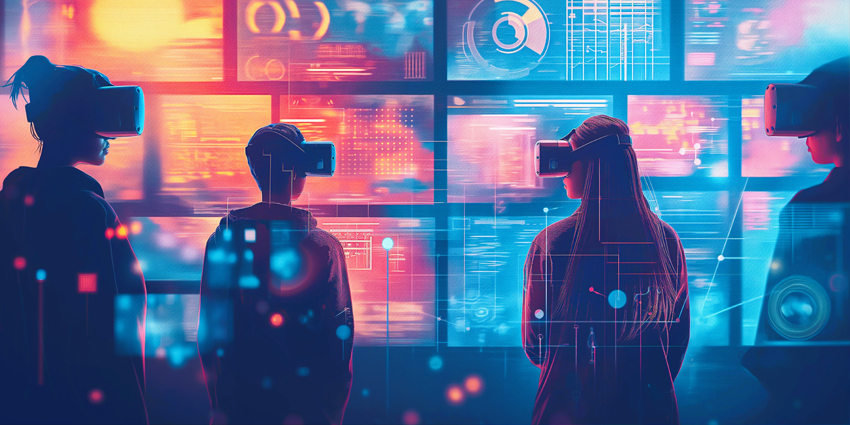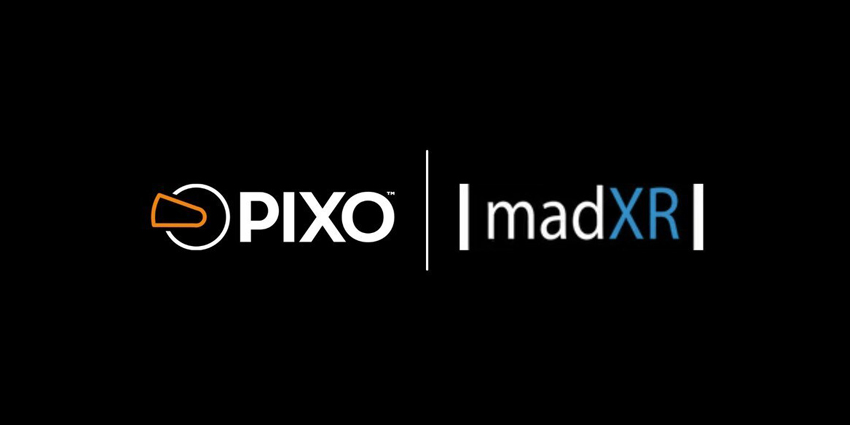Immersive learning and education XR use cases provide truly leading examples of how AR/VR/MR hardware and software solutions can bring new value to helping students in schools, higher education, and professional environments, helping them gain new skills.
In a recent report by Sky News, David Game College in London highlighted its recent success in leveraging VR and AI to create GCSE virtual courses that do not require human teachers. The David Game College is opening its teacherless virtual lessons to 20 GSCE students in September. It is leveraging AI to create bespoke and personalised learning procedures.
John Dalton, the Co-Principal of David Game College, added:
There are many excellent teachers out there but we’re all fallible. I think it’s very difficult to achieve [AI’s] level of precision and accuracy, and also that continuous evaluation. Ultimately, if you really want to know exactly why a child is not learning, I think the AI systems can pinpoint that more effectively.
However, the human factor is incredibly important when deploying XR in any use case, especially education/learning, so the outcomes at David Game College may be interesting to observe in the coming months. However, despite a lack of teachers, the report notes that the 20 students will be assisted by learning coaches to assess the required behaviour and support, with students even voicing support for the course.
In a conversation with Sky News, UK education expert Chris McGovern also showed concern over replacing the human element in teaching with XR and AI. McGovern noted:
I understand why [schools] may push AI. For one thing, it’s cheaper. The problem with AI and the computer screen is that it is a machine and it’s inert, so you’re straight away dehumanising the process of learning, taking away those interpersonal skills and the interaction between pupils and teacher. It’s a soulless, bleak future if it’s going to be along the AI path only.
Here at XR Today, optimism is high regarding the human element of any enterprise XR operation, and the education space is no different. So, scepticism toward the David Game College agenda is understandable. But only time will tell if the unique approach will succeed.
Will a Teacherless Approach Pay Off?
Granted, the college denies a cost-saving angle, implying that more staff is joining the team to support the VR move, as shown by the additional learning coaches. Additionally, the college notes that subjects like art and sex education are incompatible with AI/VR learning, so the technology is not being pushed where it may not belong.
Moreover, AI and VR can greatly benefit teachers who lack the time and energy to work with each student personally. VR and AI can act like teaching assistants, freeing up teachers’ time and allowing them to reach more students and create deeper connections.
Although it is early days with the David Game College VR and AI program, whether the teacherless approach works is yet to be seen. If the unique approach pays off, David Game College may be an early pioneer and innovator in immersive learning.







